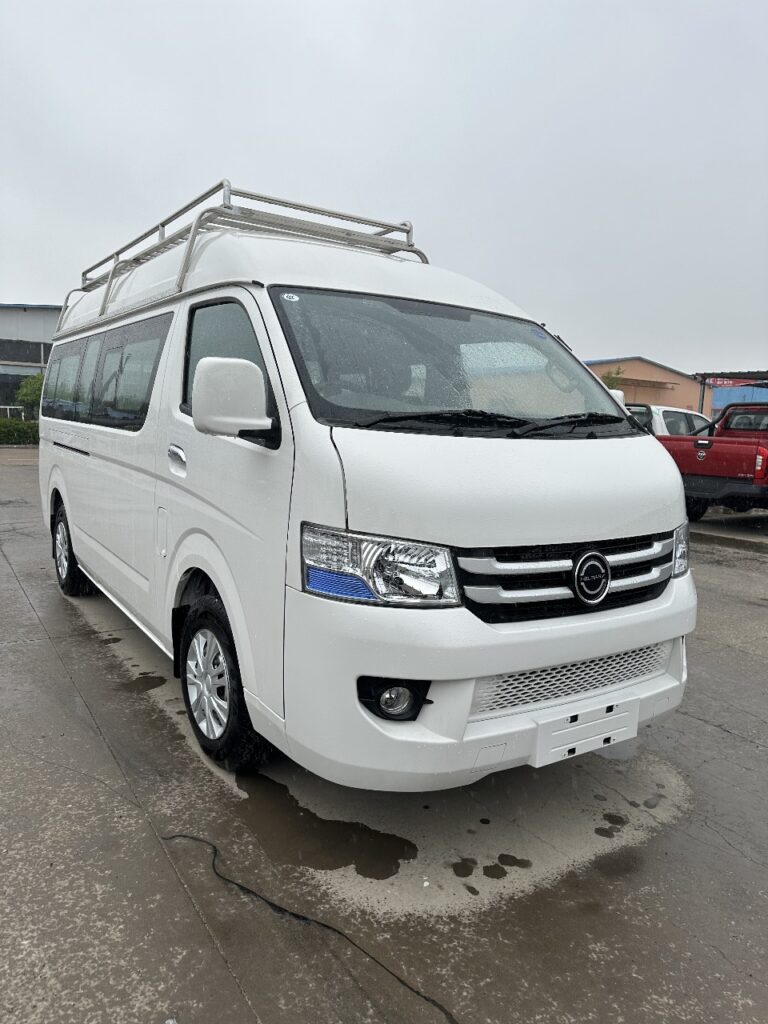Electric Vehicles (EVs) are rapidly gaining popularity worldwide as a sustainable and eco-friendly alternative to traditional internal combustion engine vehicles. Nepal, with its abundant hydroelectric power resources and growing environmental awareness, is an ideal candidate for the widespread adoption of EVs. This article explores the current state of EVs in Nepal, the challenges and opportunities in this sector, the role of Foreign Direct Investment (FDI) in boosting the EV market, and the future prospects for electric mobility in the country.
The Rise of Electric Vehicles in Nepal
Nepal’s journey towards embracing electric vehicles has been relatively recent but promising. The country’s reliance on imported fossil fuels, combined with increasing air pollution levels, has necessitated a shift towards cleaner energy solutions. According to the Nepal Electricity Authority (NEA), the use of EVs has already reduced oil import costs by approximately $22 million annually.
The government has set ambitious targets to increase the penetration of EVs, aiming for 25% of all vehicle sales to be electric by 2025 and 90% by 2030. Various incentives, such as reduced import duties on EVs and tax benefits, have been introduced to encourage this transition.
Current Infrastructure and Adoption Rates
As of now, there are about 400 public EV charging stations across Nepal, with plans to double this number in the near future. These charging stations are crucial for supporting the growing number of EVs, which have seen a rise in adoption due to the country’s abundant hydroelectric power, providing clean energy for charging.
The NEA, with the support of the Asian Development Bank, is actively working on installing an additional 50 charging stations, strategically placing them along major highways and in key cities. This effort aims to ensure that EV users have convenient access to charging facilities, thus promoting wider use of electric vehicles and contributing to environmental sustainability.
Benefits of EV Adoption in Nepal
-
Environmental Impact:
– EVs produce zero tailpipe emissions, significantly reducing air pollution in urban areas like Kathmandu, which often suffers from severe smog and poor air quality.
– The use of hydroelectric power for EV charging further enhances their environmental benefits, as it is a renewable and clean energy source.
-
Economic Benefits:
– Reducing dependence on imported fossil fuels can improve Nepal’s trade balance and conserve foreign exchange reserves.
– The operational costs of EVs are lower compared to traditional vehicles, offering savings for consumers in terms of fuel and maintenance.
-
Energy Utilization:
– Nepal’s hydroelectric power generation capacity has been steadily increasing, and utilizing this clean energy for EVs helps in maximizing the use of domestically produced electricity.
Challenges in EV Adoption
Despite the promising potential, there are several challenges to the widespread adoption of EVs in Nepal:
-
Infrastructure Development:
– Although the number of charging stations is increasing, the current infrastructure is still inadequate to meet the rising demand. The majority of charging points are concentrated in urban areas, with limited facilities available in rural and remote regions.
– There is a need for more fast-charging stations to support long-distance travel and reduce charging time.
-
High Initial Costs:
– The upfront cost of EVs remains higher compared to traditional vehicles, which can be a barrier for many consumers. Although the government offers tax incentives, further subsidies and financial support might be necessary to make EVs more accessible.
-
Public Awareness and Acceptance:
– There is still a lack of awareness and understanding among the general public regarding the benefits of EVs. Education and promotional campaigns are essential to change perceptions and encourage adoption.
-
Technical Expertise and Maintenance:
– The maintenance and repair infrastructure for EVs is not yet well developed. There is a need for trained technicians and service centers equipped to handle EV-specific issues.
Government Initiatives and Policies
The Government of Nepal has recognized the importance of transitioning to electric mobility and has implemented several policies to promote EV adoption:
-
Tax Incentives:
– Import duties on EVs have been significantly reduced, ranging from 25% to 90%, compared to 276% to 329% for petrol and diesel vehicles.
– Additional tax benefits and subsidies are provided to encourage private and commercial adoption of EVs.
-
Infrastructure Development:
– The NEA’s initiative to establish 50 new charging stations with the support of the Asian Development Bank is a significant step towards building a robust EV infrastructure.
– Plans to install charging plazas at 25 km intervals on major highways are underway, ensuring that EV users have access to charging facilities during long journeys.
-
Regulatory Support:
– The government is drafting national strategies and policies to accelerate the growth of the EV sector. This includes making provisions for EV charging capacity in new housing projects, commercial buildings, and public spaces.
– Simplified approval processes for setting up private charging stations are being introduced to encourage private investments.
The Role of Foreign Direct Investment (FDI) in Boosting the EV Market
Foreign Direct Investment (FDI) can play a pivotal role in accelerating the growth of the EV market in Nepal by bringing in capital, technology, and expertise. Here are some ways FDI can boost the EV sector:
-
Capital Infusion:
– FDI can provide the much-needed capital to develop the EV infrastructure, including the establishment of manufacturing units, charging stations, and maintenance facilities. This financial support can help bridge the gap between demand and supply, making EVs more accessible to the general public.
-
Technological Advancements:
– Foreign companies often bring advanced technologies and innovations that can enhance the efficiency and performance of EVs. This can include improvements in battery technology, charging solutions, and vehicle design, making EVs more attractive to consumers.
-
Knowledge Transfer and Skill Development:
– FDI can facilitate the transfer of knowledge and expertise, helping to build local capacities in EV manufacturing, maintenance, and service. Training programs and collaborations with foreign experts can equip local technicians with the skills needed to support the growing EV market.
-
Market Expansion:
– Foreign investment can help expand the market by introducing a wider range of EV models and brands in Nepal. This increased competition can drive down prices and improve the quality of vehicles available to consumers.
-
Joint Ventures and Partnerships:
– Joint ventures and partnerships between local companies and foreign investors can lead to the development of integrated solutions that cater to the specific needs of the Nepali market. These collaborations can also foster innovation and enhance the overall value chain of the EV sector.
Future Prospects
The future of electric vehicles in Nepal looks promising, with several positive developments on the horizon:
-
Increased Charging Infrastructure:
– The planned expansion of charging stations will significantly improve the convenience and feasibility of using EVs across the country. This will particularly benefit inter-city travel and rural areas.
-
Technological Advancements:
– Advances in battery technology and the introduction of innovative charging solutions, such as battery swapping and charging-as-a-service models, are expected to enhance the EV ecosystem.
– The use of renewable energy sources, such as solar power, for EV charging will further promote sustainable e-mobility.
-
Growing Market Demand:
– As public awareness and acceptance of EVs increase, the market demand is likely to grow. This will encourage more automakers to introduce a wider range of electric vehicles in Nepal, catering to different consumer needs and preferences.
-
Government Support:
– Continued government support through favorable policies, incentives, and infrastructure investments will play a crucial role in driving the growth of the EV sector.
– Collaborations with international organizations and private sector investments will further accelerate the transition to electric mobility.
The adoption of electric vehicles in Nepal presents a unique opportunity to address environmental challenges, reduce dependence on imported fossil fuels, and promote sustainable economic growth. While there are challenges to overcome, the concerted efforts of the government, private sector, and consumers are paving the way for a cleaner and greener future. With continued support and investment, Nepal is well-positioned to become a leader in electric mobility in the region.
As the country progresses towards its ambitious goals, the benefits of EV adoption will extend beyond environmental sustainability to economic and social well-being, creating a positive impact for generations to come. By leveraging the potential of Foreign Direct Investment, Nepal can further accelerate its transition to electric mobility, ensuring a brighter and more sustainable future for all.



